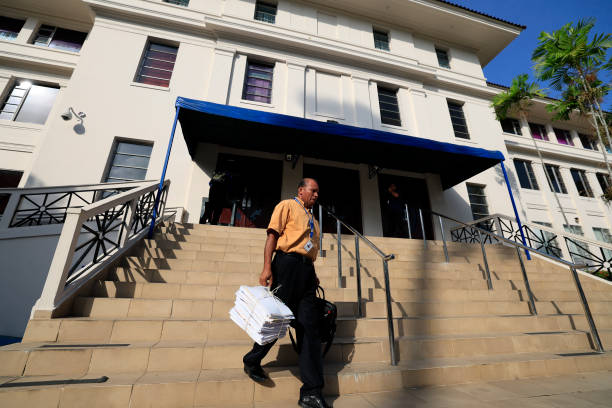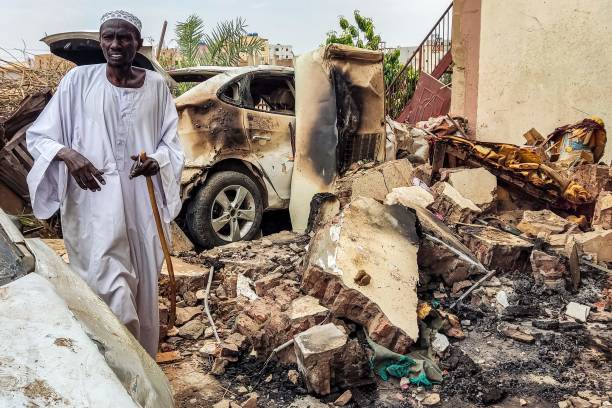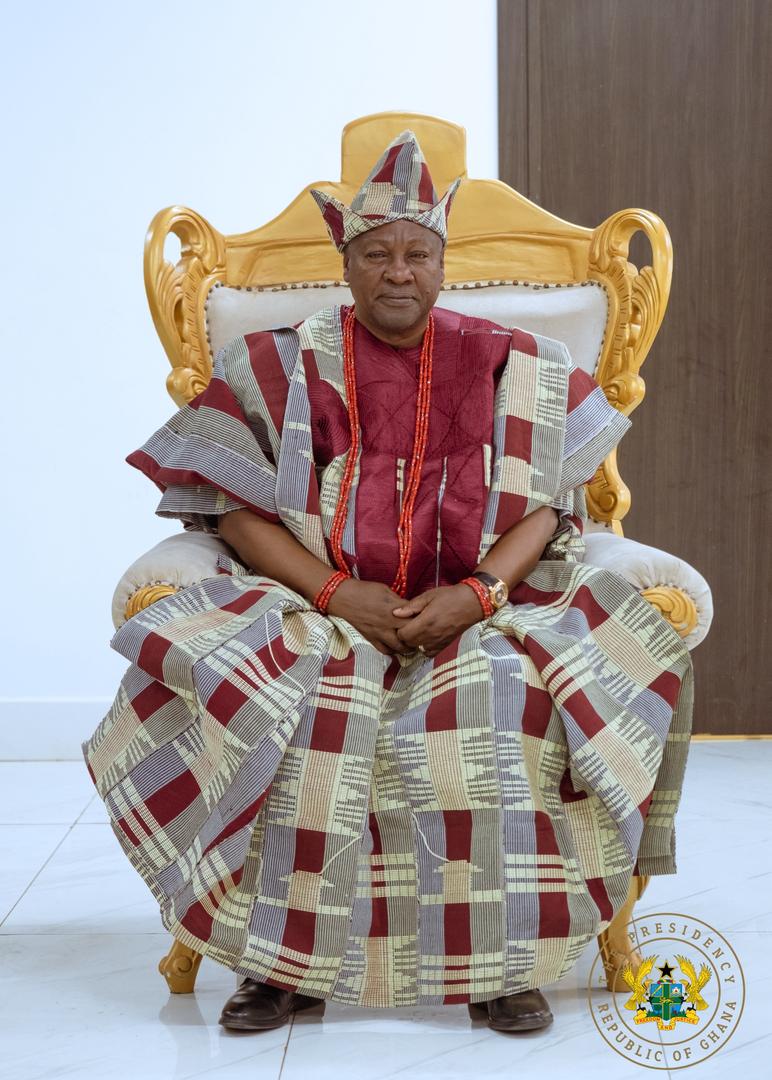When the Panama Papers burst onto the global scene, they did more than just embarrass world leaders and celebrities. They pulled back the curtain on how the rich and powerful hide their wealth, dodge taxes, and—in many cases—rob their nations blind.
From European premiers to Latin American presidents and footballers with magic feet, the biggest data leak in history exposed the dirty financial laundry of the world’s elite. But amidst the ocean of leaked documents—over 11 million from the shady Panamanian law firm Mossack Fonseca—Africa too had its fair share of VIPs caught in the storm.
The Dark Side of Power
It’s no secret that Africa has lost billions through corruption and illicit financial flows. The numbers are staggering. Between 1970 and 2008, an estimated $850 billion left the continent illegally. Nigeria alone reportedly lost over $217 billion during that period. Imagine the number of roads, hospitals, and schools that money could have built.
The Panama Papers, curated by the International Consortium of Investigative Journalists (ICIJ), gave us names—powerful ones—behind some of those figures. These were not petty criminals but presidents, ministers, judges, and their well-connected friends and family.
Let’s take a look at some of the African personalities named so far, and the questionable activities they were allegedly involved in.
Nigeria: The Familiar Name on a Familiar List
James Ibori, former governor of oil-rich Delta State, is no stranger to corruption scandals. Already convicted in 2012 in the UK for money laundering, Ibori admitted to funneling about $75 million through offshore accounts—though investigators suspect the real amount is closer to $250 million. With Mossack Fonseca’s help, he financed a flamboyant lifestyle that included a $20 million private jet. For many Nigerians, it wasn’t even shocking. “Na we dey suffer, dem dey fly jet,” a Lagos mechanic once quipped.
Egypt: Presidential Privilege at a Price
Alaa Mubarak, son of Egypt’s long-time ruler Hosni Mubarak, had already served time in prison for embezzling public funds. Yet, the Panama Papers show he continued to manage a secretive web of offshore accounts. Mossack Fonseca was warned about him but chose to look the other way. Business as usual.
South Africa: A Zuma, Of Course
While Jacob Zuma fought off corruption scandals at home, Clive Khulubuse Zuma, his nephew, was busy acquiring oil fields in the Democratic Republic of Congo using shell companies. Critics say it’s a textbook example of how political connections get converted into business deals—offshore, of course.
Ghana: Presidential Son, Offshore Fun
John Addo Kufuor, son of Ghana’s ex-president John Kufuor, appeared in the leaks with a modest $75,000 in one account. But documents linked him to other undisclosed companies. It’s not about how much money is hidden, but why it was hidden at all.
Democratic Republic of Congo: Sister, Lawmaker, Media Mogul
Jaynet Désirée Kabila Kyungu, twin sister of DRC President Joseph Kabila, isn’t just a parliamentarian—she’s also a business heavyweight. Her offshore firm reportedly owns part of a major telecom operator in Congo. Influence clearly runs in the family.
Angola: Oil Minister with Offshore Interests
José Maria Botelho de Vasconcelos, Angola’s Petroleum Minister, operated shell companies based in exotic Pacific island nations, connected to a New York consulting firm. With Angola’s citizens suffering from poverty despite vast oil wealth, it raises tough questions about national priorities.
Others in the Spotlight
-
Kalpana Rawal of Kenya, a senior judge, used offshore firms to manage a luxury real estate portfolio in London.
-
Ian Stuart Kirby, Botswana’s top appeals judge, was linked to multiple shell companies engaged in property and mystery businesses.
-
Bruno Itoua, Congo-Brazzaville’s former oil chief, reportedly ran two offshore companies while acting as an adviser to the president.
-
Kojo Annan, son of former UN Secretary General Kofi Annan, was linked to firms with murky activities, including real estate purchases in London.
A System, Not Just Scandals
What the Panama Papers show isn’t just individual greed—it’s a global system built to protect the powerful. Law firms like Mossack Fonseca help wealthy clients move money into jurisdictions where taxes and regulations barely exist. The rich get richer, and the poor stay praying for electricity.
For Africa, it’s a painful reminder. The very leaders who should be fighting corruption often appear to be its biggest beneficiaries. They smile on TV, quote Mandela, and campaign with the Bible or Quran in hand—then stash millions in offshore accounts the minute the cameras are off.
Some countries launched investigations after the leaks. Others brushed it under the carpet. In Africa, prosecutions are rare and accountability even rarer. The truth is, most of these names will likely remain just that—names on a list.
Still, the Panama Papers changed the global conversation. They exposed a world many already suspected existed but now had proof of. For everyday Africans struggling with poor infrastructure, joblessness, and insecurity, the question remains: how many more secrets are buried offshore—while we pay the price onshore?
Because when elites hide their loot in paradise, ordinary people live through hell.





